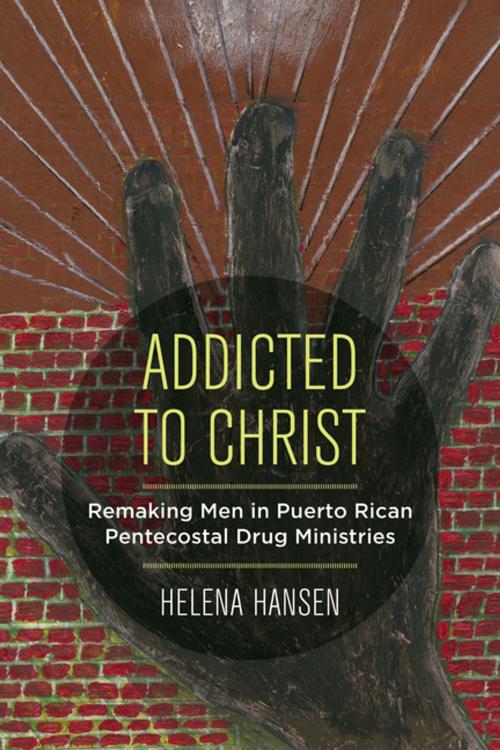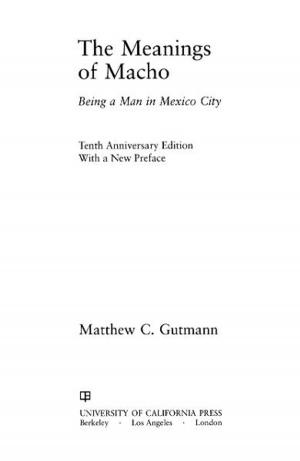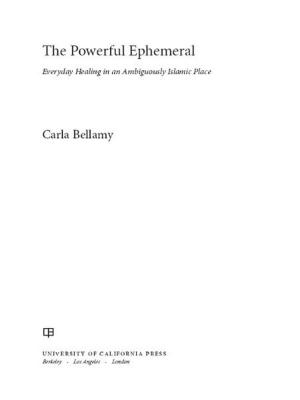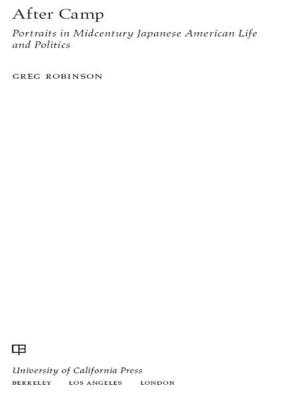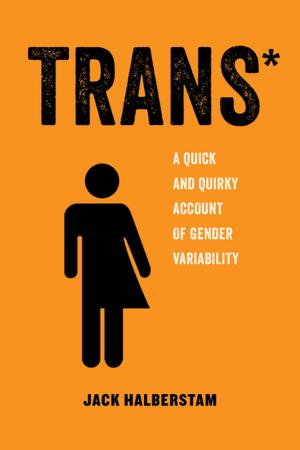Addicted to Christ
Remaking Men in Puerto Rican Pentecostal Drug Ministries
Nonfiction, Religion & Spirituality, Christianity, Denominations, Pentecostalism, Social & Cultural Studies, Social Science, Anthropology| Author: | Helena Hansen | ISBN: | 9780520970168 |
| Publisher: | University of California Press | Publication: | April 20, 2018 |
| Imprint: | University of California Press | Language: | English |
| Author: | Helena Hansen |
| ISBN: | 9780520970168 |
| Publisher: | University of California Press |
| Publication: | April 20, 2018 |
| Imprint: | University of California Press |
| Language: | English |
How are spiritual power and self-transformation cultivated in street ministries? In Addicted to Christ, Helena Hansen provides an in-depth analysis of Pentecostal ministries in Puerto Rico that were founded and run by self-identified “ex-addicts,” ministries that are also widespread in poor Black and Latino neighborhoods in the U.S. mainland. Richly ethnographic, the book harmoniously melds Hansen’s dual expertise in cultural anthropology and psychiatry. Through the stories of ministry converts, she examines key elements of Pentecostalism: mysticism, ascetic practice, and the idea of other-worldliness. She then reconstructs the ministries' strategies of spiritual victory over addiction: transformation techniques to build spiritual strength and authority through pain and discipline; cultivation of alternative masculinities based on male converts’ reclamation of domestic space; and radical rupture from a post-industrial “culture of disposability.” By contrasting the ministries’ logic of addiction with that of biomedicine, Hansen rethinks roads to recovery, discovering unexpected convergences with biomedicine while revealing the allure of street corner ministries.
How are spiritual power and self-transformation cultivated in street ministries? In Addicted to Christ, Helena Hansen provides an in-depth analysis of Pentecostal ministries in Puerto Rico that were founded and run by self-identified “ex-addicts,” ministries that are also widespread in poor Black and Latino neighborhoods in the U.S. mainland. Richly ethnographic, the book harmoniously melds Hansen’s dual expertise in cultural anthropology and psychiatry. Through the stories of ministry converts, she examines key elements of Pentecostalism: mysticism, ascetic practice, and the idea of other-worldliness. She then reconstructs the ministries' strategies of spiritual victory over addiction: transformation techniques to build spiritual strength and authority through pain and discipline; cultivation of alternative masculinities based on male converts’ reclamation of domestic space; and radical rupture from a post-industrial “culture of disposability.” By contrasting the ministries’ logic of addiction with that of biomedicine, Hansen rethinks roads to recovery, discovering unexpected convergences with biomedicine while revealing the allure of street corner ministries.
